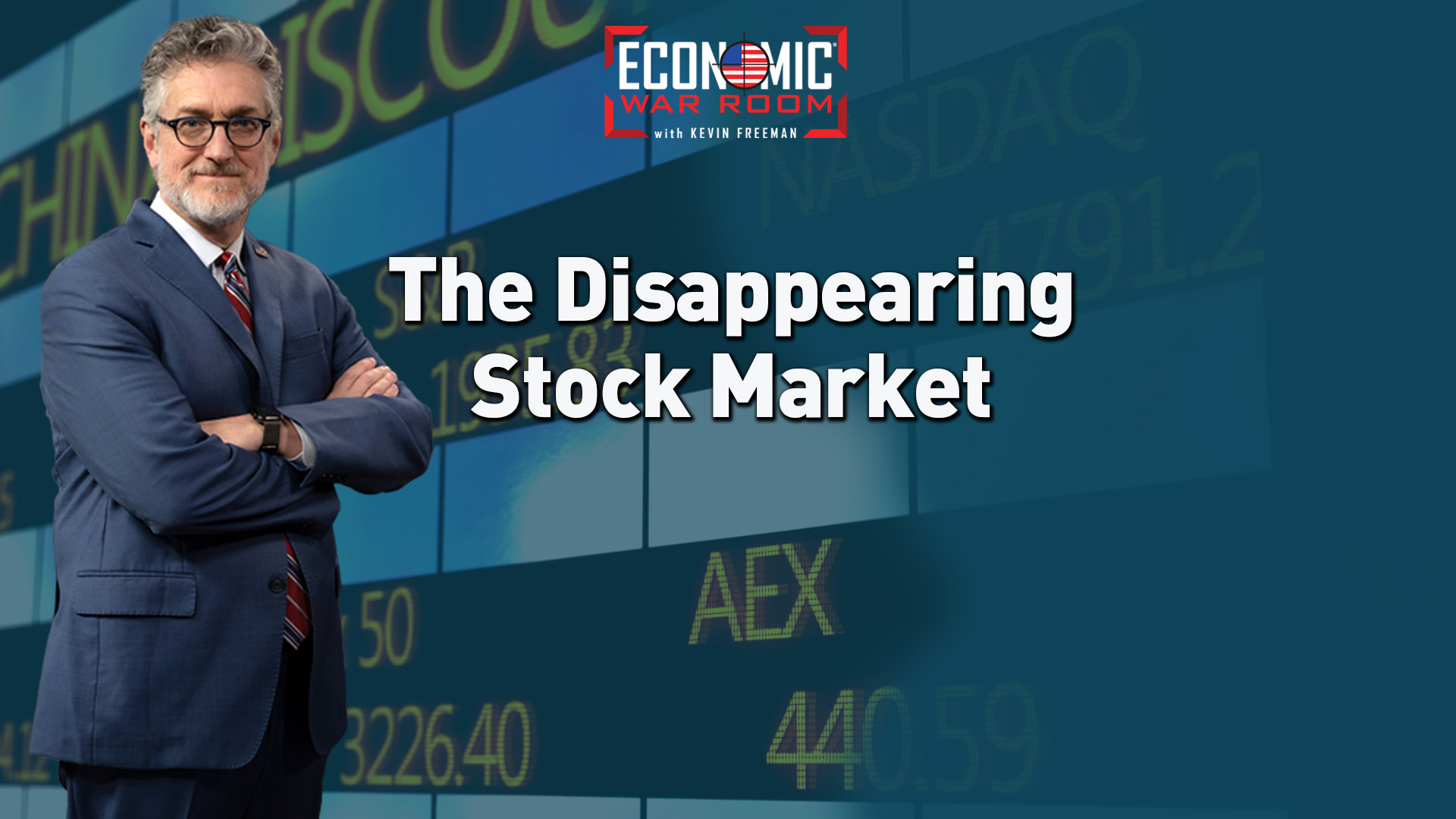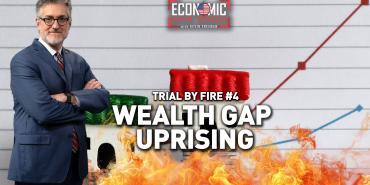Kevin Freeman traces the arc from 1980s optimism — thousands of investable public companies and rapid innovation — to today’s halved stock count amid soaring GDP and population. He argues that financialization, heavy regulation (SOX, Dodd-Frank), and abundant private capital pushed companies to stay private, widening the wealth gap and fueling socialist sentiment. Examples like Uber illustrate how gains accrue privately while retail investors face late access and higher risk; meanwhile, dollar debasement and the Cantillon Effect amplify inequality. Freeman advocates restoring opportunity via sound money (state gold/silver initiatives), lighter but fair regulation, stronger IP protection, and expanded public access to high-growth firms, urging policy action to revive broad-based capitalism.
















